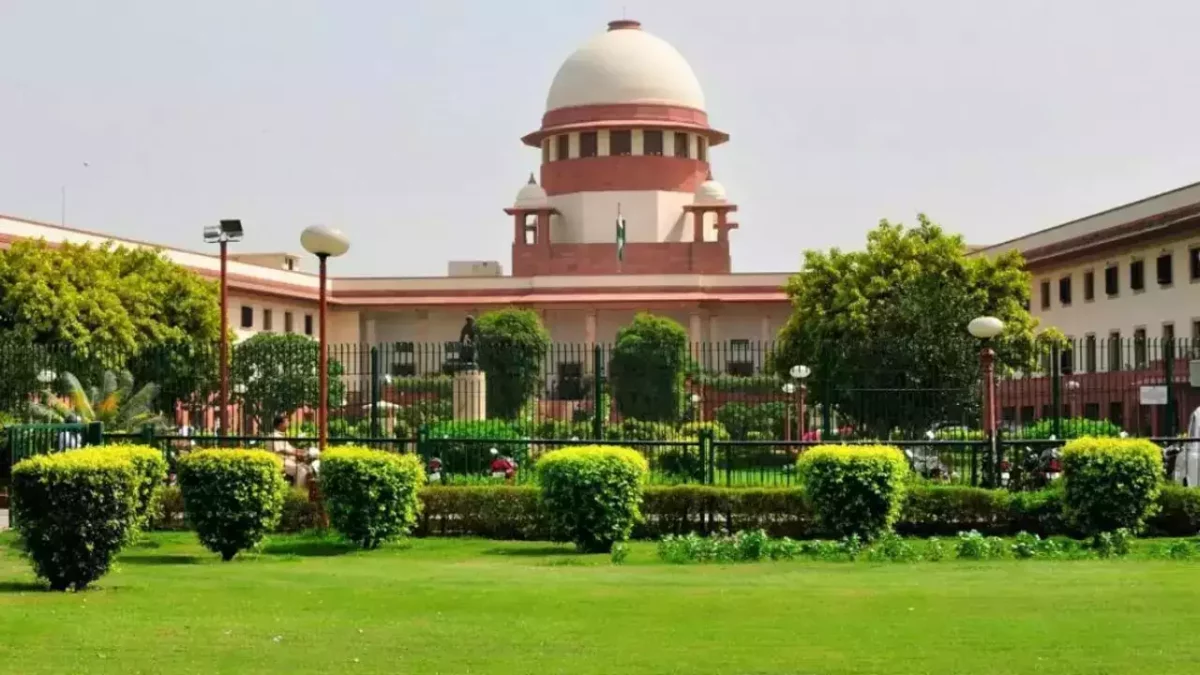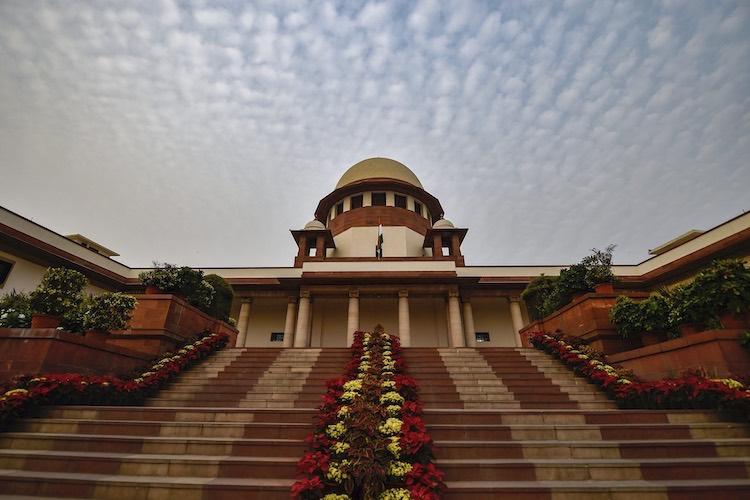
The Supreme Court of India is all set to reopen on Monday, following a six-week-long summer break that started on May 22. As the top court resumes its proceedings, there are several significant developments and cases to look out for. Here are the major things to expect when the Supreme Court reopens
The Supreme Court of India to Welcome Five Fresh Faces on the Bench
As the Supreme Court of India emerges from its summer break, it faces a challenge stemming from the retirement of three judges during the vacation and the departure of two justices just prior to it. This has led to a reduced working strength of 31 judges, three short of the sanctioned 34. However, the recent appointment of Justices Prashant Kumar Mishra and KV Viswanath has alleviated the situation, bringing the number of vacancies down to three.
The court anticipates three more retirements this year, including that of Justice Krishna Murari, who will step down just four days after the apex court’s reopening. To address these impending vacancies, a spate of judicial appointments is expected before the end of the year. It is likely that up to five new judges will be appointed to the top court, ensuring its strength is maintained.
This proactive approach by the court reaffirms its commitment to upholding justice and maintaining a full roster of experienced judges. These new appointees will join the ranks of the Supreme Court, carrying forward the legacy of their predecessors and contributing their expertise to the court’s proceedings.
As the Supreme Court takes on new legal challenges and landmark cases, the appointment of new judges instills hope and reinforces the court’s dedication to fairness and equality. Each new appointment strengthens the court’s ability to tackle complex legal matters with clarity and conviction.
As the gavel falls and the court reconvenes, the appointment of new judges represents the judiciary’s unwavering resolve. It marks a new chapter in the court’s history, embracing change and shaping the course of justice in the nation. The Supreme Court’s unwavering commitment to a robust judicial system ensures that the scales of justice remain balanced, upholding the principles of law for the betterment of society.
Supreme Court Collegium: New Members Join the Ranks
As the senior judges and members of the Supreme Court collegium, MR Shah, KM Joseph, and Ajay Rastogi, bid farewell due to retirement, the body entrusted with judicial appointments welcomes two fresh faces. Justices BR Gavai and Surya Kant, along with Justice Sanjeev Khanna, set to succeed Chief Justice DY Chandrachud, have now become part of the esteemed collegium. This composition will remain unchanged for the next six months until Justice Kaul’s retirement in December. The collegium’s new lineup ushers in a period of continuity and stability as it carries out its crucial responsibilities in the selection of judges.
Supreme Court’s New Roster: A Redefined Framework for Case Allocation
The Supreme Court has introduced a new roster system for case allocation, starting from July 3. This system aims to enhance efficiency and ensure that cases are assigned to benches with the relevant expertise. The court will now have specialized benches for specific subjects, such as company law, monopolistic practices, and commercial transactions. Three benches, led by Chief Justice Chandrachud and Justices Kaul and Khanna, will exclusively hear letter petitions and public interest litigation (PIL) cases. The revamped roster will streamline operations, expedite proceedings, and deliver justice more effectively. By allocating cases to the most suitable benches, the Supreme Court reinforces its commitment to fairness and impartiality, instilling public trust in the judiciary.
Historic Verdict on Marriage Equality Pleas Nears as Constitution Bench Prepares to Rule
Anticipation fills the air as the constitution bench of the Supreme Court, led by Chief Justice Chandrachud, along with Justices Sanjay Kishan Kaul, S Ravindra Bhat, Hima Kohli, and PS Narasimha, inches closer to delivering its long-awaited judgment on the batch of pleas seeking recognition of marriage equality. This landmark case, which commenced on April 18 and concluded on May 11 with the bench reserving its decision, has the potential to shape the future of marriage laws in the country.
A total of twenty petitions challenging the provisions of the Special Marriage Act 1954, Hindu Marriage Act 1955, and Foreign Marriage Act 1969, which currently do not recognize non-heterosexual marriages, await the bench’s ruling. These pleas represent the aspirations of individuals and groups advocating for equal rights and the recognition of diverse forms of love and commitment.
With the Supreme Court’s commitment to delivering timely verdicts and the impending retirement of Justices Bhat and Kaul later this year, it is expected that the judgment in this significant case will be pronounced in the near future. The nation eagerly awaits the outcome, recognizing its potential to shape the legal landscape and foster inclusivity and equality within the institution of marriage.
The verdict of the constitution bench will not only have far-reaching implications for the LGBTQ+ community but will also play a pivotal role in defining the boundaries of personal liberty, individual autonomy, and the principles of equality enshrined in the Constitution. As the court’s decision looms, it marks yet another significant chapter in the ongoing pursuit of justice and societal progress.
Apex Court’s Docket Expands: Constitution Benches Set to Tackle Key Issues
As the wheels of justice continue to turn, a newly constituted constitution bench, led by Chief Justice Chandrachud and comprising Justices Hrishikesh Roy, PS Narasimha, Pankaj Mithal, and Manoj Misra, prepares to delve into a range of pressing legal matters commencing on July 12. These cases, to be heard by the esteemed bench, touch upon pivotal issues that bear significance for the nation.
One of the key issues to be addressed is whether the “rules of the game” can be altered by state instrumentalities once a selection process is already underway













